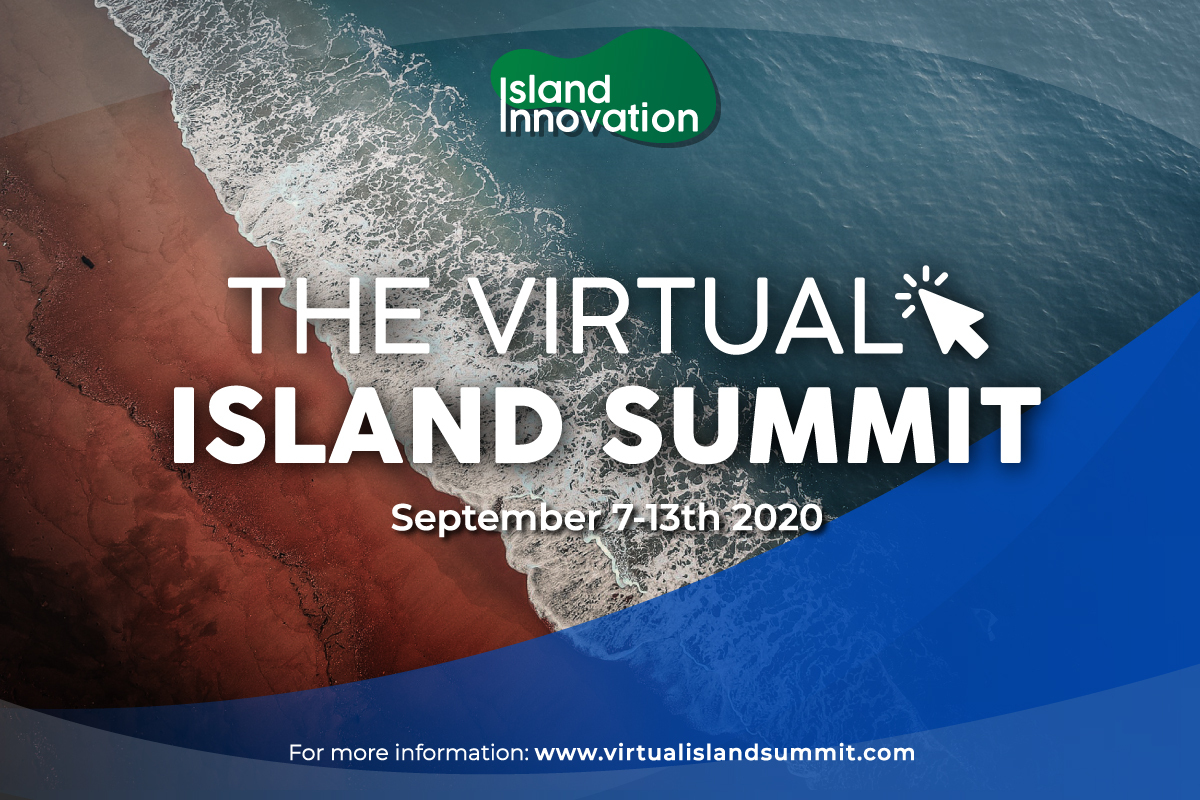
The 2020 Virtual Island Summit will see several Caribbean leaders adding their voices to global calls for post-pandemic economic recovery and sustainable tourism, energy, and transport, among many other island concerns. Caribbean leaders include the President of the Cooperative Republic of Guyana, the Prime Minister of Saint Vincent and the Grenadines, the Director General of the Organisation of Eastern Caribbean States and the Barbados Ambassador to the United Nations, to mention a few.
Energy Planning
The CCREEE will add to these voices through discussions focused on sustainable energy. Specifically, the Centre’s Executive Director – Dr Gary Jackson – will participate in a panel discussion focused on integrated resource plans. In this context, Dr Jackson will speak to the importance of clean energy planning and development in small island states, a fitting subject considering the CCREEE’s undertaking of three integrated resource and resilience plans (IRRPs) for Caribbean states, with an additional two states to commence in 2021. In the island context, it necessary not only for energy plans to include clean energy but also to account for the vulnerabilities which are common to islands.
The Clean Energy Development and Integrated Resource Planning Session will focus on supporting economic growth and sustainability in island states through clean energy development and the importance of integrated resource planning in this process. Many island states have historically been dependent on imported fossil fuels for power generation, however reliance on these imports can lead to high macroeconomic vulnerability from fuel price volatility and high electricity costs at the consumer level. A growing number of island states are preparing for fundamental changes to their energy mix through the development of IRPs (Integrated Resource Plans) and new power generation plans. Transitioning to clean power generation can provide island states with improved energy security and independence, support local economic development, and combat climate change and other negative local environmental impacts. The CCREEE contends that it is necessary for resilience to be added to the equation.
The Caribbean context is such that when planning needs are met, stakeholders then require support in developing and advancing projects which emerge during the planning process; the CCREEE Project Preparation Facility (PPF) will support the region in this way. Further, the establishment of the Caribbean Energy Knowledge Hub (CEKH) will provide support to Caribbean countries through its function as a knowledge management and sharing platform. This enables island nations to access data and other information for evidence-based decision making.
Remarking on the CCREEE’s participation in the Summit, Dr Jackson noted the necessity of working together to accomplish renewable energy and energy efficiency targets and, the sustainable development goals (SDGs). He stated, “the Caribbean Community is mostly comprised of islands which are exposed to similar vulnerabilities, risks and hazards. It is therefore necessary for us to create and maintain spaces where knowledge sharing is possible, and the Virtual Island Summit is a part of meeting this need.”
Clean Transport
The CCREEE will also participate in a panel discussion focused on clean maritime transport, a challenge facing the region for some time. Islands have been stuck between a rock and a hard place regarding transit. On the one hand, they require vessels for transport and trading; on the other, modern boats and ferries running on diesel fuel pollute the air and water of the very islands they serve.
Environmental concerns having finally gone mainstream and industries and governments having joined forces to reduce carbon emissions and expand the range of cleaner energy alternatives, the time is fast approaching for maritime transport in the Caribbean to evolve. Meet Ellen, a 100% electric ferry powered by the world’s largest electric ferry engine and battery storage system. This vessel represents a breakthrough in clean maritime transport.
For the Caribbean, the panel presents the opportunity to learn from the vessel and its operators which entered commercial operation in August, 2019; for the CCREEE, it affords the opportunity to further inform our strategic programme focused on sustainable transport. The CCREEE’s Sustainable Energy Project Development and Gender Expert, Ms Charlin Bodley will moderate the clean maritime transport discussion, which hosts industry and government experts.
The Virtual Island Summit brings together 100+ policymakers, development partners, entrepreneurs, academics and NGO leaders who will share their expertise and knowledge on island communities in a series of entirely virtual panels, webinars, and lectures by bringing examples of innovations, case studies and good practices from around the world.
To register, visit: islandinnovation.co/summit/